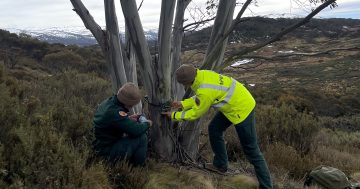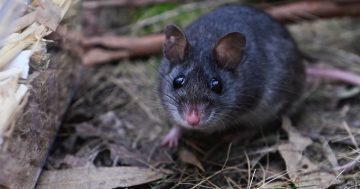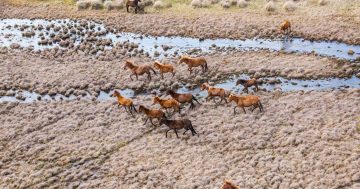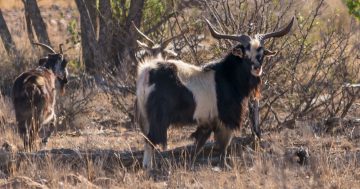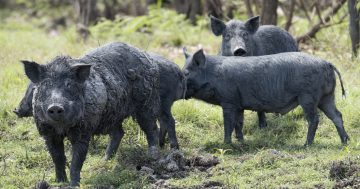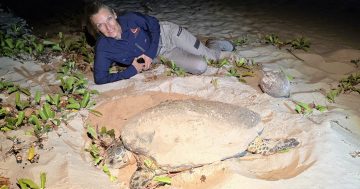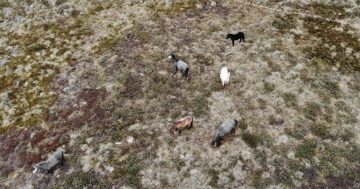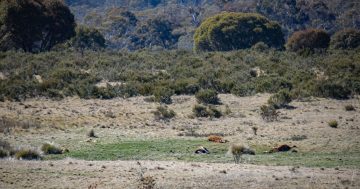 The National Parks and Wildlife Service (NPWS) is taking emergency action to save three of the State’s Brush-tailed Rock-wallaby populations as their numbers are declining into double and single digits.
The National Parks and Wildlife Service (NPWS) is taking emergency action to save three of the State’s Brush-tailed Rock-wallaby populations as their numbers are declining into double and single digits.
Head of NPWS, Atticus Fleming said the most westerly population of the brush-tailed rock-wallaby, in Warrumbungle National Park, has declined to 12 known animals.
“The long-term impact of foxes and goats combined with fire has driven the decline,” Mr Fleming said.
“This population is special because it is adapted to living in hotter, drier climates,” he said.
“It is crucial we retain that genetic material to help the species adapt to climate change.”
To secure the Warrumbungle rock-wallabies, Mr Fleming said work on a large 303-hectare feral predator-free area is to start shortly.
He said the area is expected to be free of foxes and feral cats within a few months, and the rock-wallaby population expected to increase quickly once in the secure environment.
“At the nearby Mount Kaputar National Park, the rock-wallaby population may have declined to just one individual,” Mr Fleming said.
“That animal will be translocated into the Warrumbungle feral-free area as soon as possible,” he said.
“A population will be returned to Mount Kaputar when advances in fox control can ensure their survival.”
The NPWS Head said that at Nattai National Park, the rock-wallaby population had declined to three individuals.
He said the Nattai population was identified in the National Recovery Plan as an important population which must be retained because its loss would create a large range gap.
“With the support of Aboriginal owners and park neighbours, a 92-hectare feral predator free area is under construction in Nattai National Park, with a stage 1 area (0.3 ha) already complete,” Mr Fleming said.
“Two individuals are now in this secure area and have had their first baby,” he said, “supplementation with additional animals will allow us to rebuild the Nattai population.”
Mr Fleming said the establishment of feral predator-free areas was now the only strategy left to protect and restore the small rock-wallaby populations.


